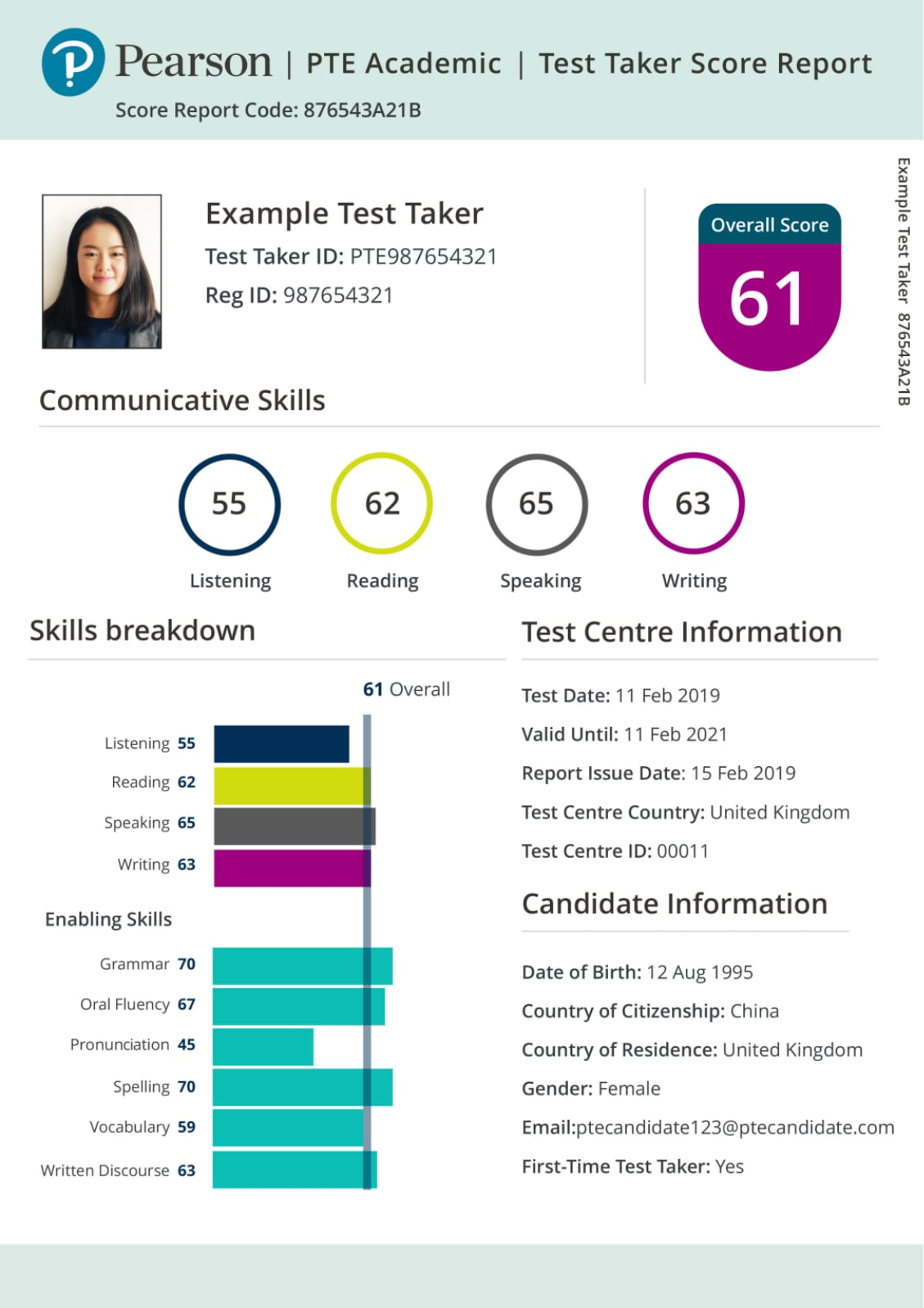
The benefits of taking part in foreign exchange programs
If you are a student or one considering a gap year, the option of foreign exchange programs may have crossed your mind or been mentioned to you. More and more young people are taking advantage of exchange programs and reaping the transformative benefits that come with it.
Let's have a look at some of the reasons why taking part in an exchange program can be a life-changing experience and how it can help you more than you think.
What is a foreign exchange program?
A foreign exchange program is an educational initiative where students have the opportunity to study abroad and immerse themselves in a different culture for a specified period, typically ranging from a few weeks to an entire academic year. These programs facilitate cultural exchange by allowing students to attend foreign schools or universities, live with host families or in dormitories, and engage in activities that foster intercultural understanding and personal growth.
The primary aim of a foreign exchange program is to provide students with a global perspective, enhance their language skills, and expose them to different educational systems and cultural practices. By stepping out of their comfort zones, students can develop independence, adaptability and a deeper appreciation for diversity.
What are the benefits of a foreign exchange program?
1. Cultural immersion and global perspective
Embracing diversity
One of the most immediate benefits of an exchange program is the opportunity to immerse yourself in a different culture. Experiencing new customs, traditions and ways of life firsthand fosters a deeper understanding and appreciation of global diversity. This cultural immersion helps break down stereotypes and broadens your worldview, making you more open-minded and adaptable.
Develop cultural understanding
Living in a foreign country teaches you how to navigate and respect different cultural norms and practices. This cultural competence is increasingly valued in our interconnected world, enhancing your ability to work effectively in diverse environments and making you a more attractive candidate in the global job market.
2. Language proficiency
Enhanced language skills
For language learners, an exchange program is an opportunity to achieve fluency. Experiencing a language firsthand is one of the best ways to learn a new language. Being surrounded by fluent speakers provides constant practice and exposure, accelerating your language acquisition in ways that classroom learning alone cannot match. You'll develop better pronunciation, expand your vocabulary and gain confidence in your speaking abilities.
Real-world communication
Using a new language in everyday situations—whether it's ordering food, asking for directions, or making new friends—helps solidify your language skills in a practical context. This real-world communication practice is invaluable, ensuring that your language proficiency extends beyond textbooks and exams to actual, meaningful interactions.
3. Academic and professional growth
Academic enrichment
Exchange programs often provide access to unique academic resources and teaching methods that differ from those in your home country. Exposure to new perspectives and approaches can deepen your understanding of your field of study and inspire new areas of interest. Additionally, studying abroad can enhance your academic credentials, making your CV stand out to future employers or academic institutions.
Career opportunities
Experience abroad signals to employers that you possess qualities like independence, adaptability and cross-cultural communication skills. These attributes are highly sought after in today’s job market. Moreover, the networking opportunities during your exchange can open doors to international internships, job placements and collaborations that might not have been available otherwise.
4. Personal development
Building independence and resilience
Living away from home in a completely new environment challenges you to become more self-reliant and adaptable. You'll develop problem-solving skills, resilience and the ability to thrive outside of your comfort zone. These experiences build character and prepare you for future challenges, both personally and professionally.
Forming lifelong connections
The friendships and connections you make during your exchange program can last a lifetime. You'll meet people from various backgrounds, creating a global network of peers and mentors. These relationships can provide support, inspiration and opportunities long after your exchange program ends.
Boosting confidence
Successfully navigating life in a foreign country, mastering a new language, and achieving academic success abroad can significantly boost your confidence. This newfound self-assurance can positively impact all areas of your life, giving you the courage to pursue further opportunities and take on new challenges.
5. Engaging with the local community
Volunteer and community projects
Many exchange programs encourage participants to engage with their host communities through volunteer work or community projects. This engagement allows you to give back to your host country, gain a deeper understanding of local issues, and develop a sense of global citizenship. It's a rewarding experience that fosters empathy and reinforces the importance of contributing to the wider world.
Gaining valuable work experience
Participating in volunteer and community projects during your exchange program can provide significant work experience that is highly attractive to future employers. These projects often involve teamwork, problem-solving and project management, all of which are essential skills in any professional setting.
By contributing to local initiatives, you can demonstrate your ability to adapt to new environments, work with diverse teams, and handle responsibility. Furthermore, these experiences can fill gaps in your CV, showcasing your proactive approach to skill-building and community involvement. Engaging in meaningful projects not only supports your personal growth but also highlights your commitment to making a positive impact, a quality greatly valued in any career field.
Where can I sign up for exchange programs?
There are many organizations and programs that offer exchange opportunities for students and language learners. Some popular options include:
- Study abroad programs through universities or colleges, which often have partnerships with foreign institutions. Check with your institution.
- Government-sponsored programs such as Fulbright or Erasmus, (depending on your location).
- Check non-profit organizations in your country, they may also offer exchange programs.
Conclusion
Taking part in an exchange program is a life-changing adventure that offers myriad benefits for students and language learners alike. From enhancing language proficiency and cultural awareness to boosting academic and career prospects, the experiences gained through an exchange program are invaluable. By stepping out of your comfort zone and into a new world, you open yourself up to endless possibilities, personal growth and a broader, more inclusive perspective on life.
If you're a student or language learner considering an exchange program, seize the opportunity. The world awaits, and the benefits are boundless.




